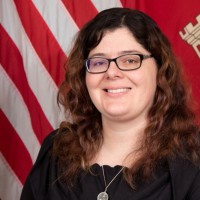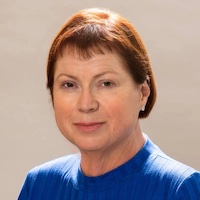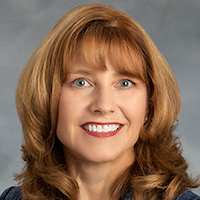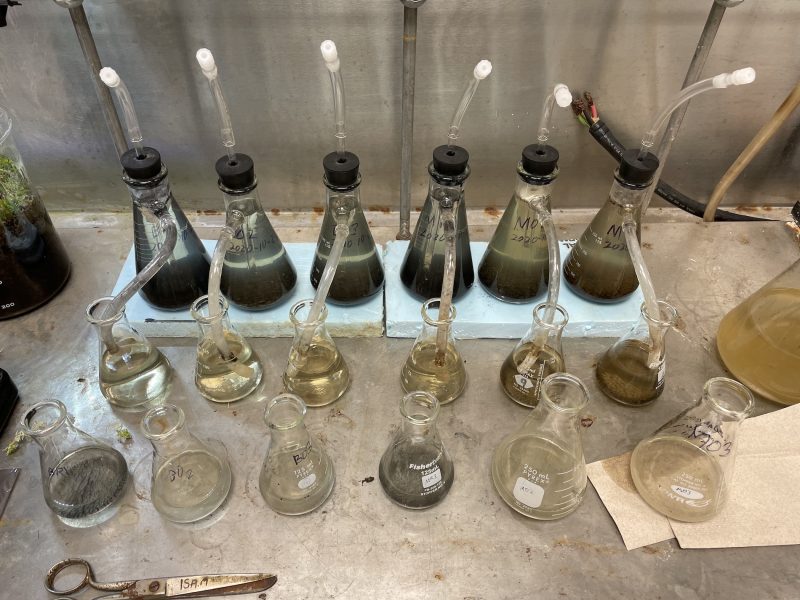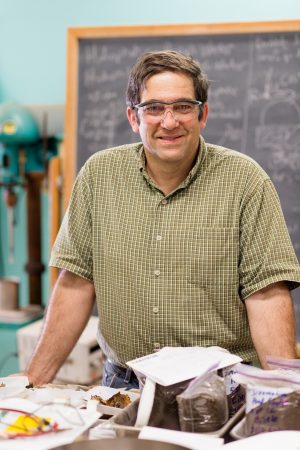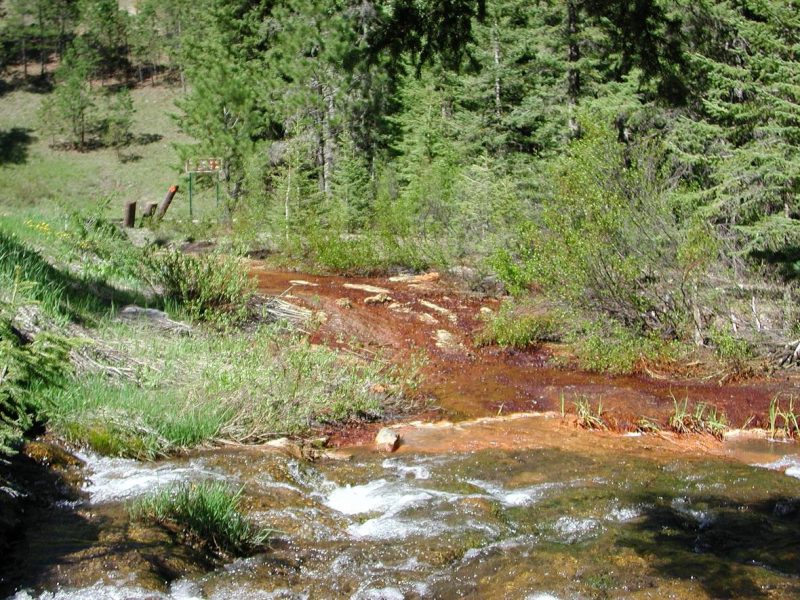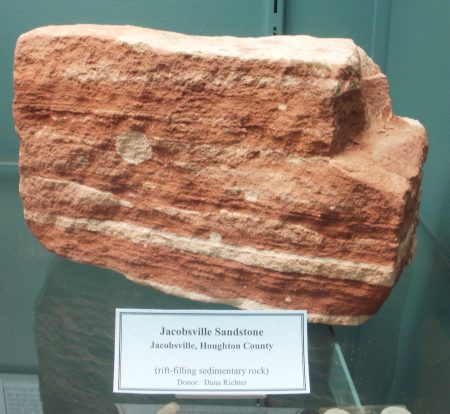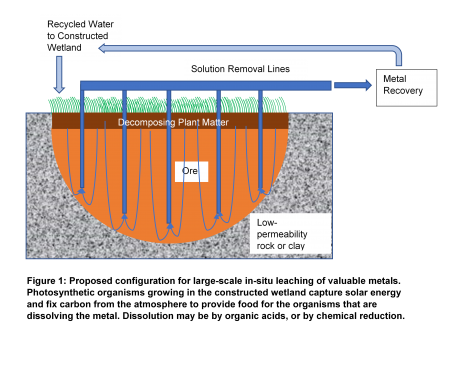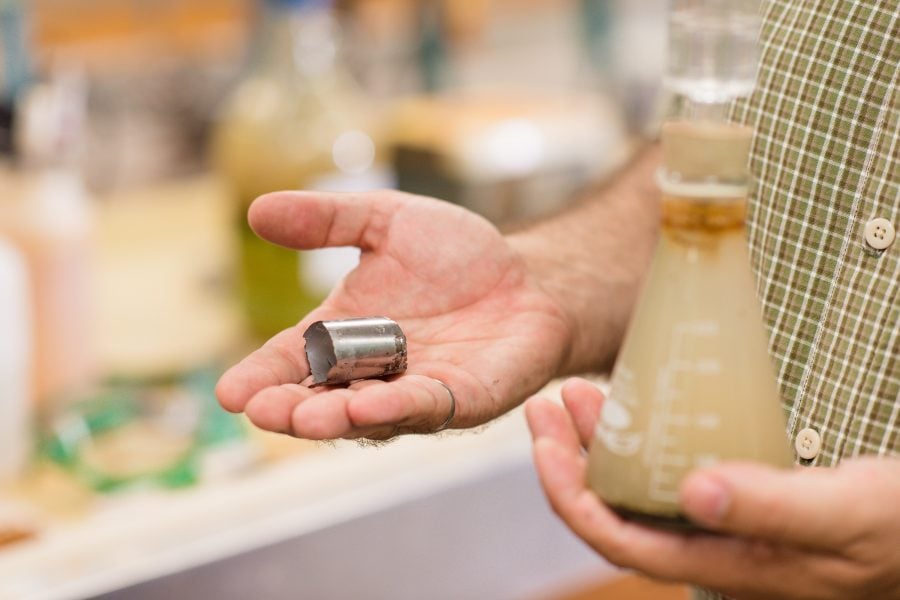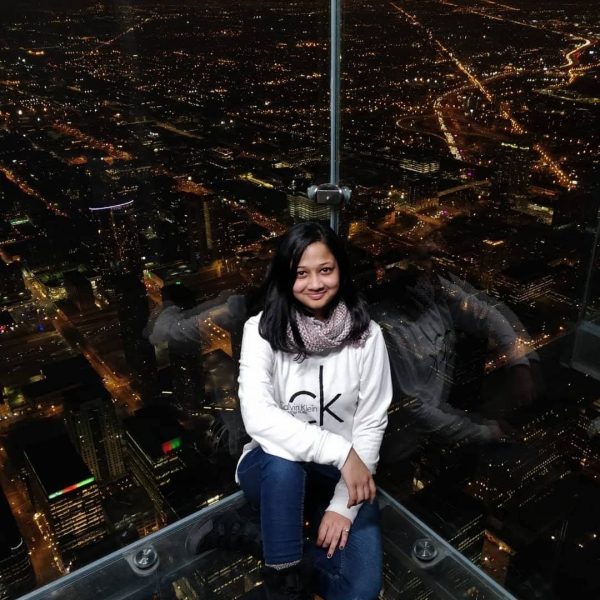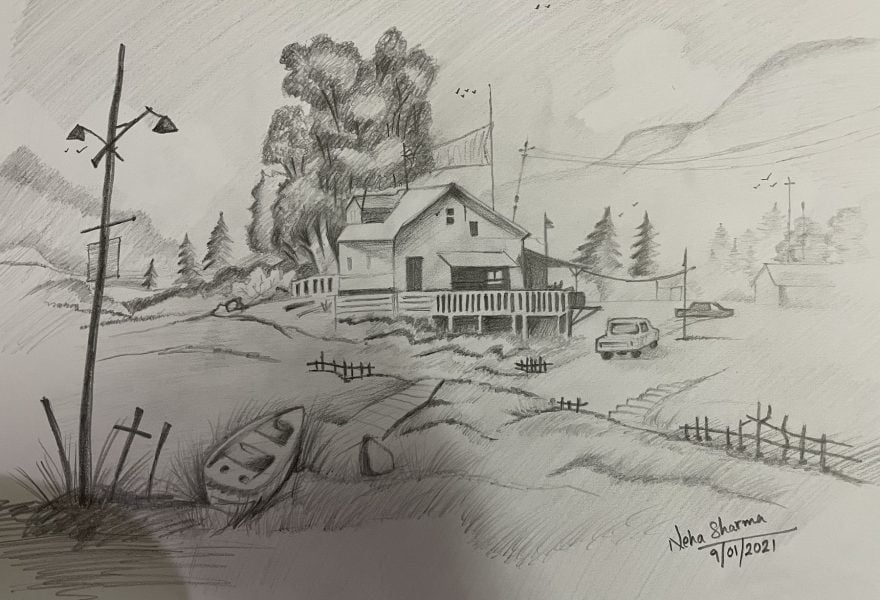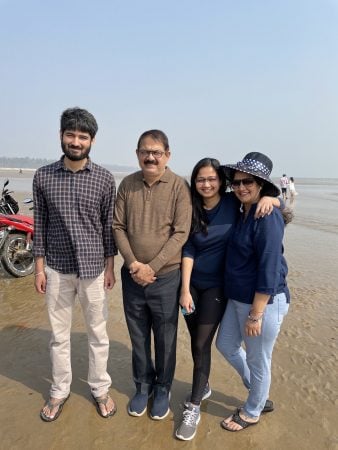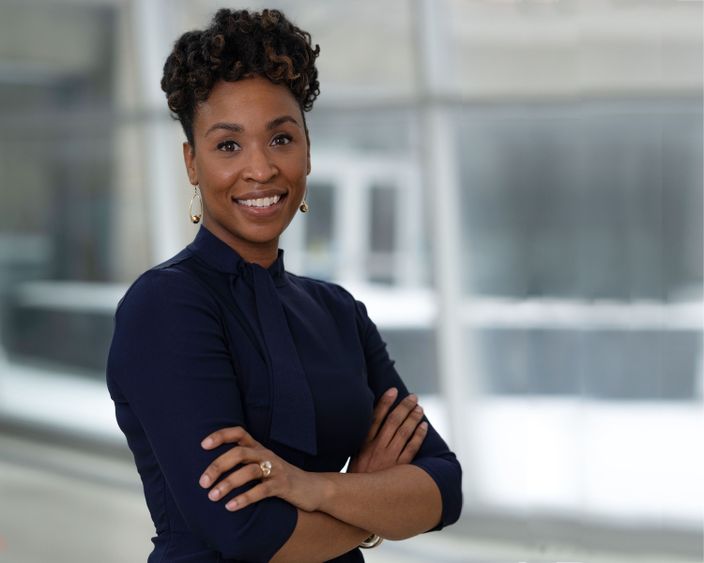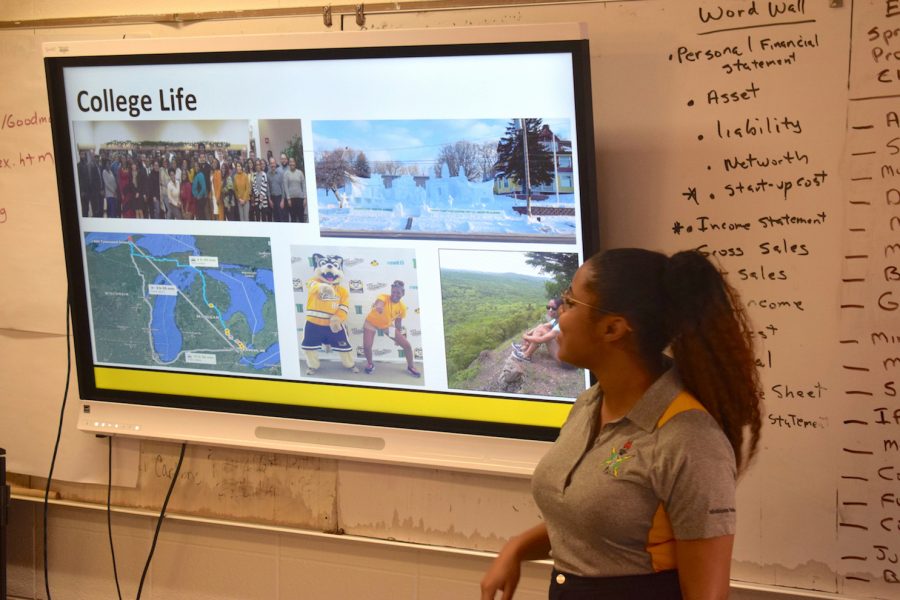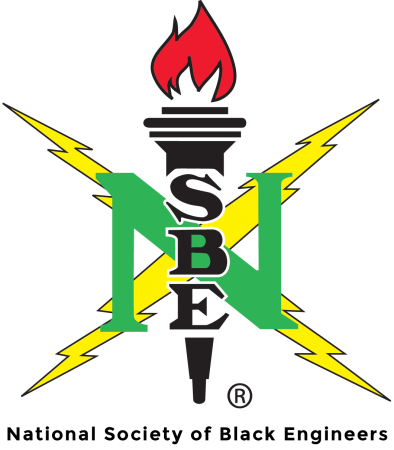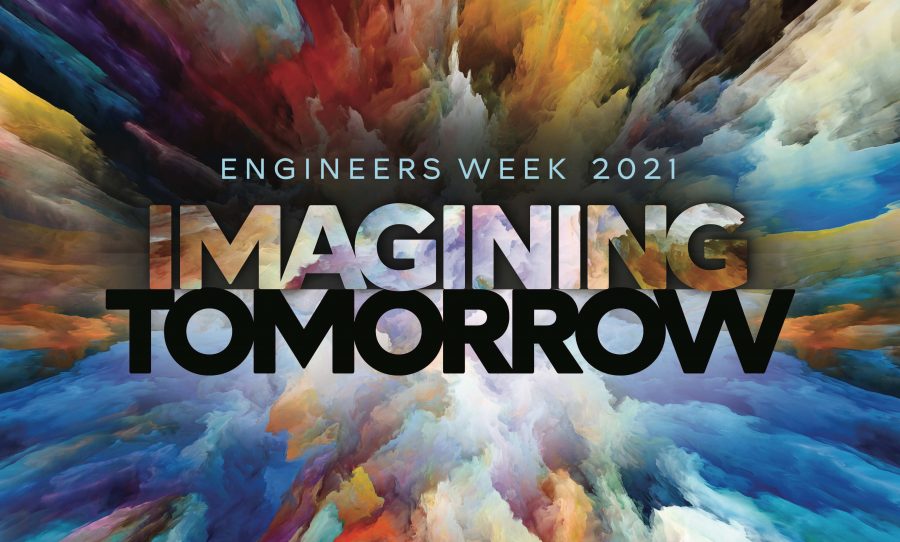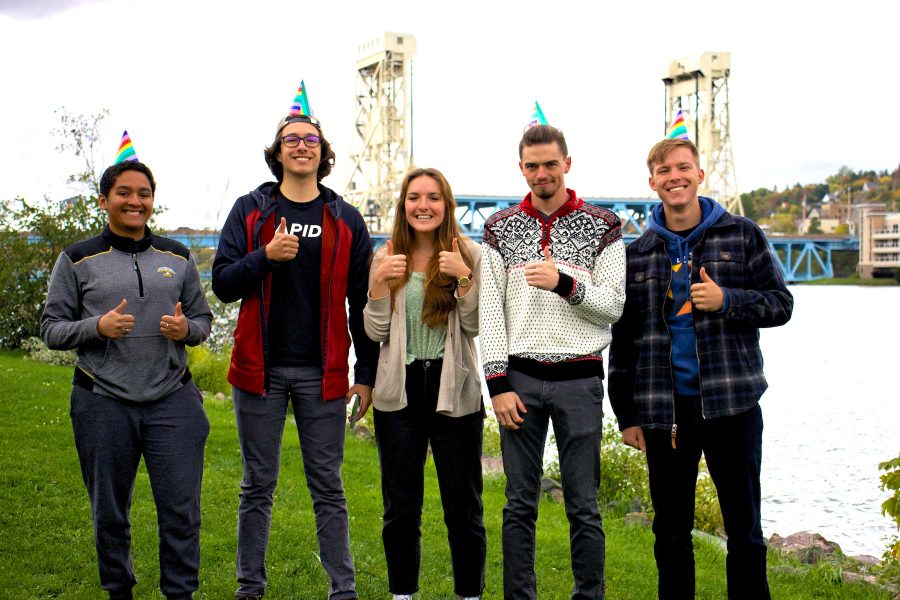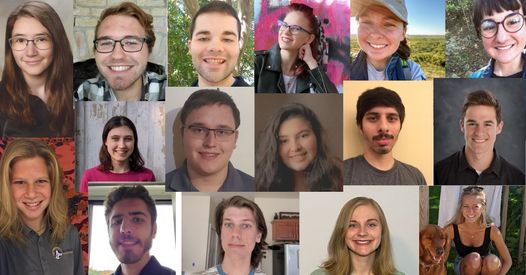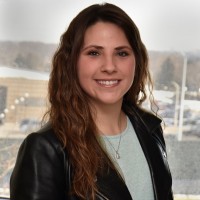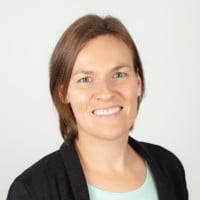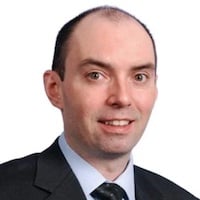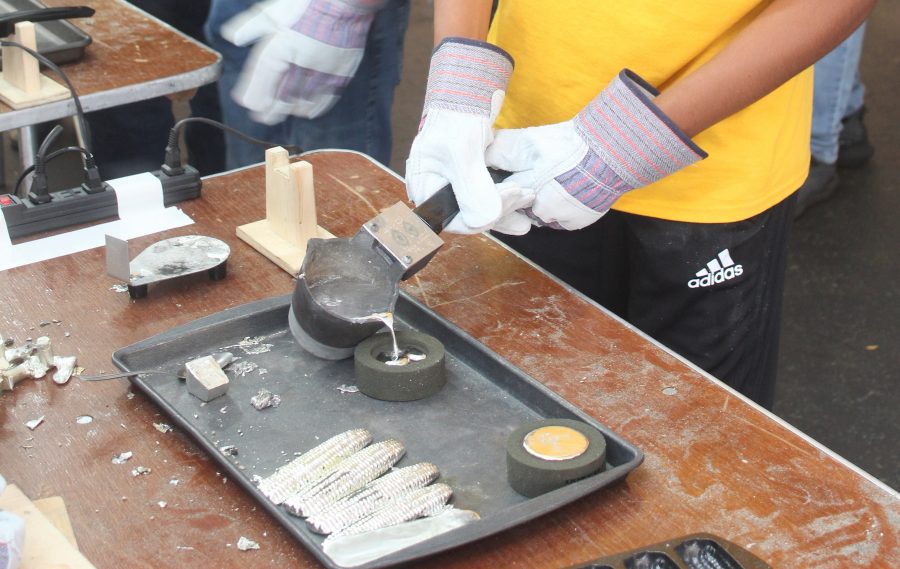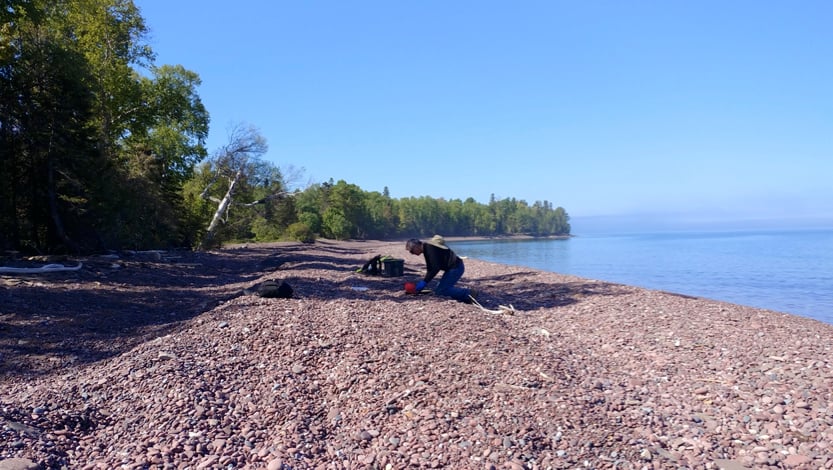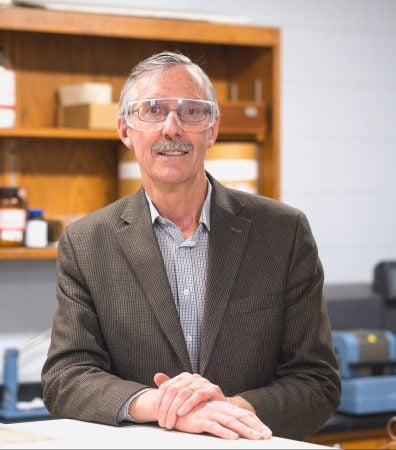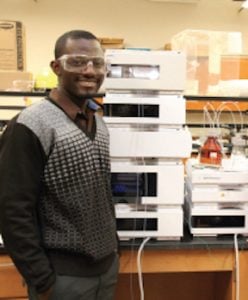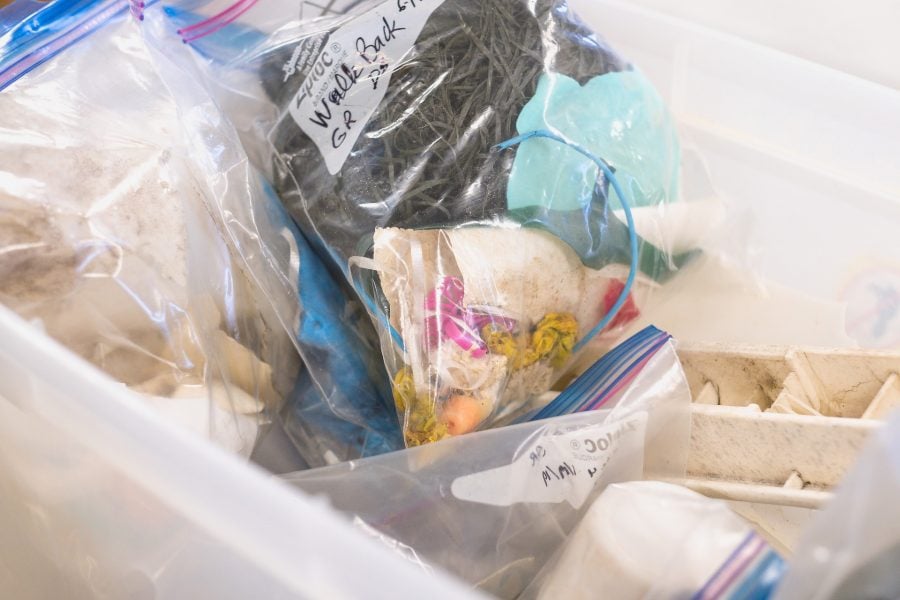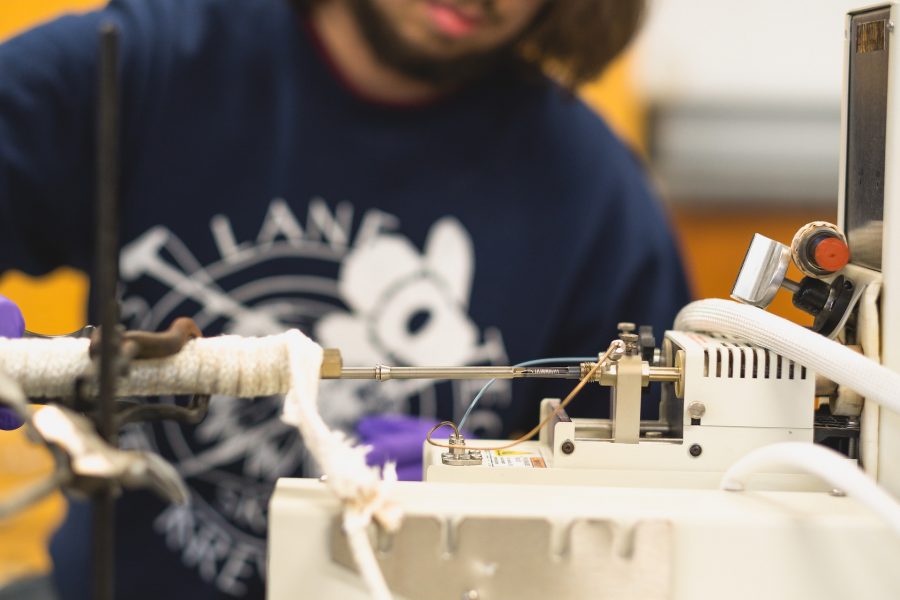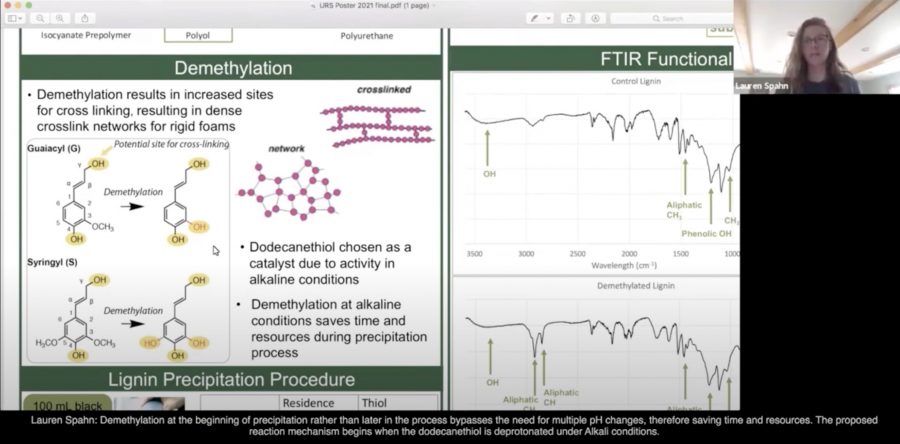
The Pavlis Honors College has announced the winners of the 2021 virtual Undergraduate Research Symposium.
The students who presented this year represented a wide array of scientific and engineering disciplines and highlighted the diversity of research areas explored. Judges from a variety of backgrounds and disciplines volunteered their time to evaluate participant’s posters and video presentations. The results are:
- First Place — Ethan Burghardt, Biochemistry, “Characterization of Aqueous Two-Phase Extraction Systems for Virus Purification” working with Caryn Heldt (ChE)
- Second Place (Tie): Ava Miller, Sustainability Science and Society, “Community Response to Renewable Energy Project Siting: A Case Study in L’Anse, MI” working with Richelle Winkler (SS)
- Second Place (Tie) — Lauren Spahn, Chemical Engineering, “Optimization of Lignin Precipitation with Functional Group Control for Use in Bio-Based Polyurethane Foams” working with Rebecca Ong (ChE)
Four students also received Honorable Mention:
- Justin Henderson, Mechanical Engineering, “Development of Furuta Inverted Pendulum Test Rig for Testing of Motor Dynamics and Capabilities” working with M.K. Park (ME-EM)
- Morgan Kline, Mechanical Engineering, “Optimization of Wave Energy Converters Through Neural Networks” working with Gordon Parker (ME-EM)
- Ellie Sempek, Biochemistry and Molecular Biology, “Analyzing the Hydrophobicity of Viruses: A Comparison of Adsorption Isotherms and Chromatography” working with Caryn Heldt (ChE)
- Jordan Zais, Biomedical Engineering, “Fibrin-Based Materials for the Modulation of Matrix Metalloproteinases in Tendon Repair” working with Rupak Rajachar, (BioMed)
Congratulations to all of the winners and honorable mentions and thank you to faculty, staff and students who judged and participated in the Symposium this year.

